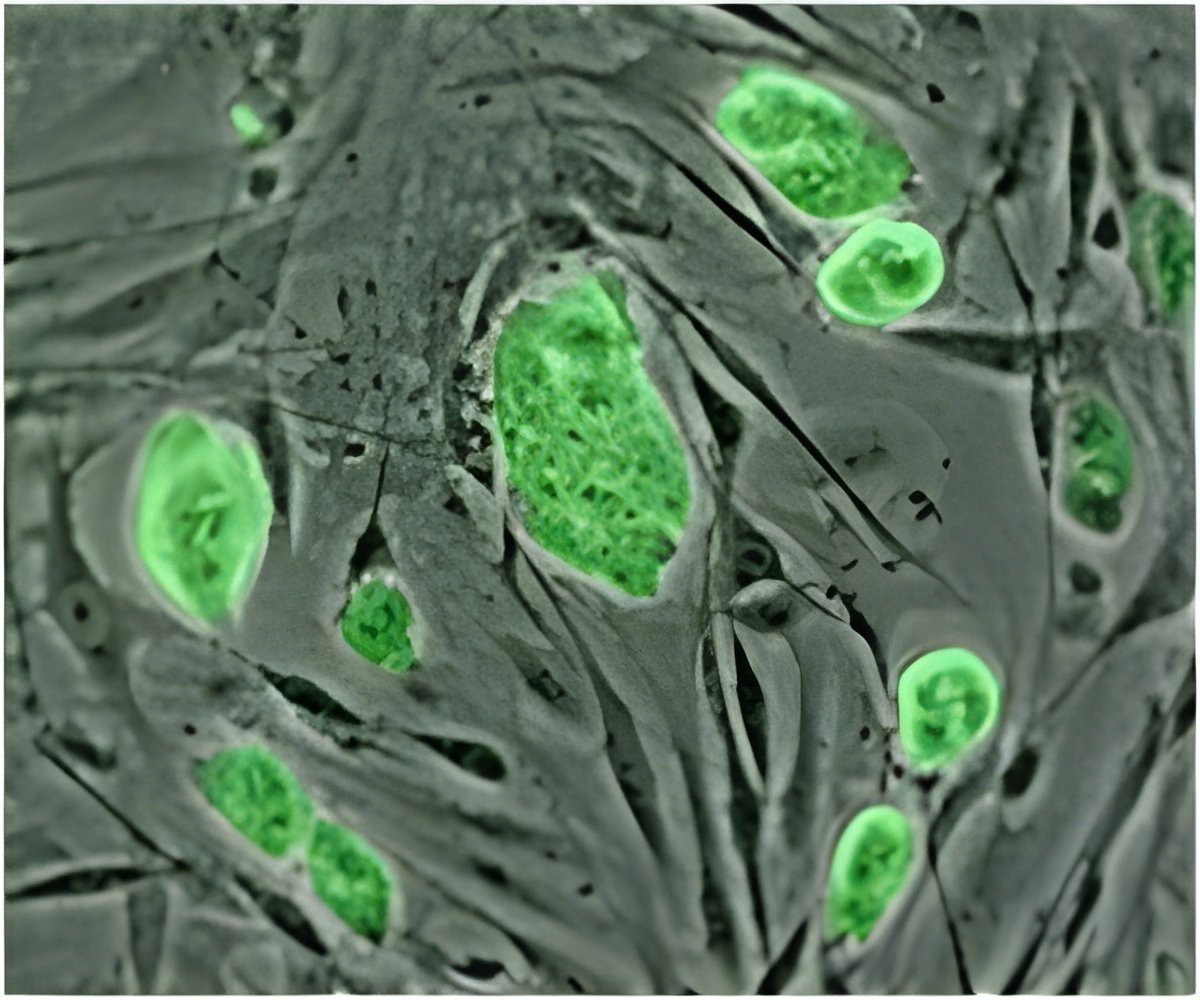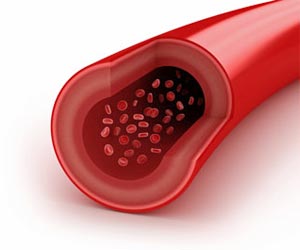Defective regulation of protein production is common in certain types of aggressive human blood cancers and this maybe due to dysfunctional stem cells. A new understanding may help cure these cancers.

‘Defective regulation of protein production is common in certain types of aggressive human blood cancers and this maybe due to dysfunctional stem cells.’





Dr. Bellodi's laboratory uncovered a new important function of pseudouridine, the most common type of RNA modification in human cells.RNA is the essential molecule that decodes the genetic information in humans. It is emerging that the chemical structure of RNA molecules is extensively modified by specific enzymes normally present in our cells, which are commonly found to be altered in severe medical syndromes and various types of cancers. However, the contribution of RNA modifications in human development and disease is still mostly unexplored.
"Understanding the function of RNA modifications represents a new exciting research area. We still know very little about the mechanisms by which RNA molecules are modified, and whether this affects important biological processes in our cells. Therefore, it is essential that we learn how specific types of chemical modifications normally regulate RNA function in our cells, in order to understand how dysregulation of this process contributes to human disease, says Cristian Bellodi.
The team's key discovery was that stem cells lacking an enzyme responsible for pseudouridine modification of RNA, known as PUS7, produce abnormal amounts of protein. This protein overload leads to unbalanced stem cell growth and dramatically blocks differentiation to blood cells.
They uncovered that the PUS7 enzyme is capable of introducing a pseudouridine modification into previously uncharacterized, non-coding-protein RNA molecules that they denoted as miniTOGs (mTOGs). The presence of pseudouridine "activates" mTOGs to strongly suppress the stem cell protein synthesis machinery. This ensures that the correct amount of proteins is made.
Advertisement
Since pseudouridine modifications may affect various RNA molecules in different types of normal and malignant cells, "our discoveries pave the way for future avenues of research aimed at exploring the role of pseudouridine in human development disease", concludes Cristian Bellodi.
Advertisement
Source-Eurekalert














